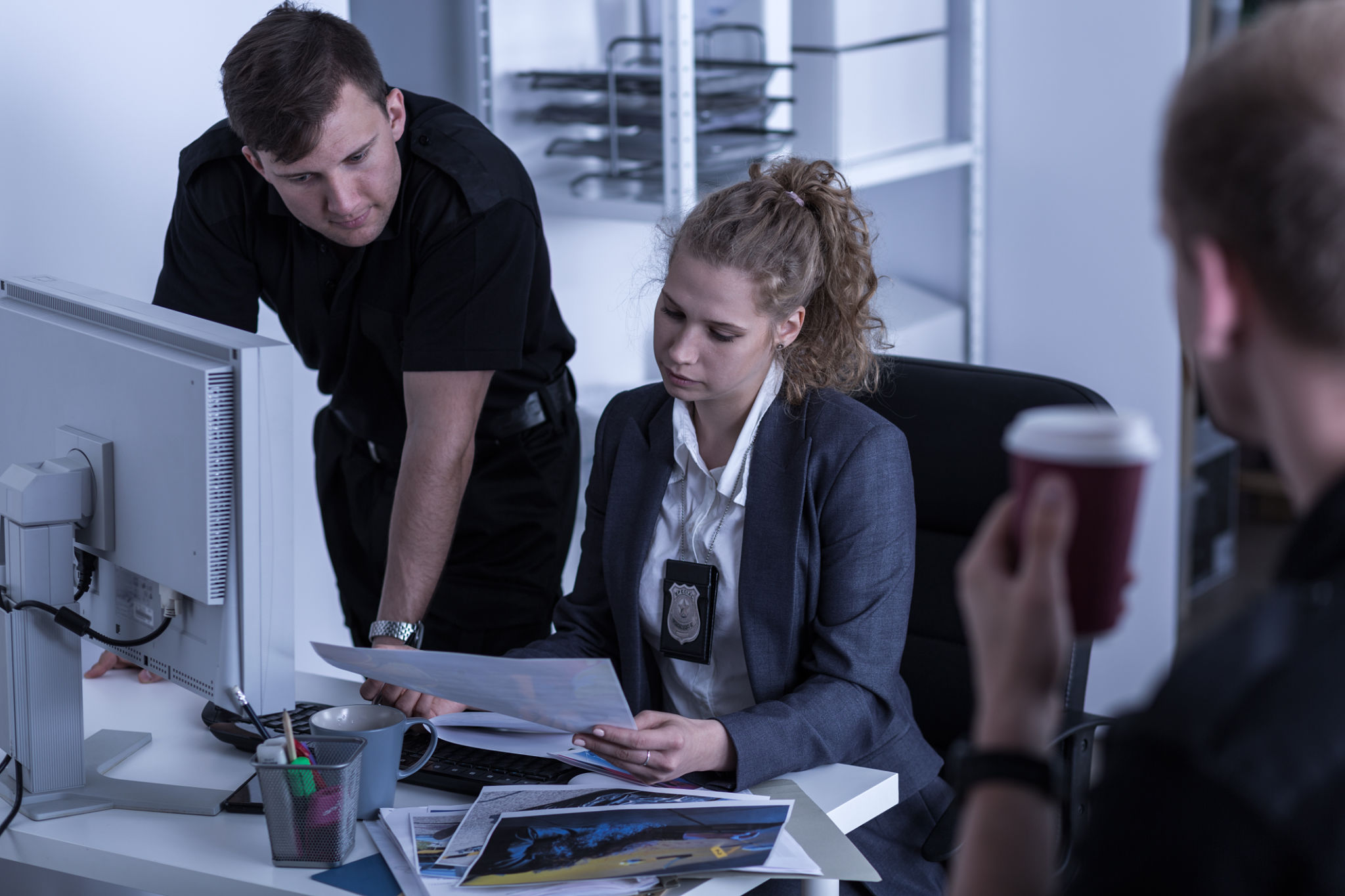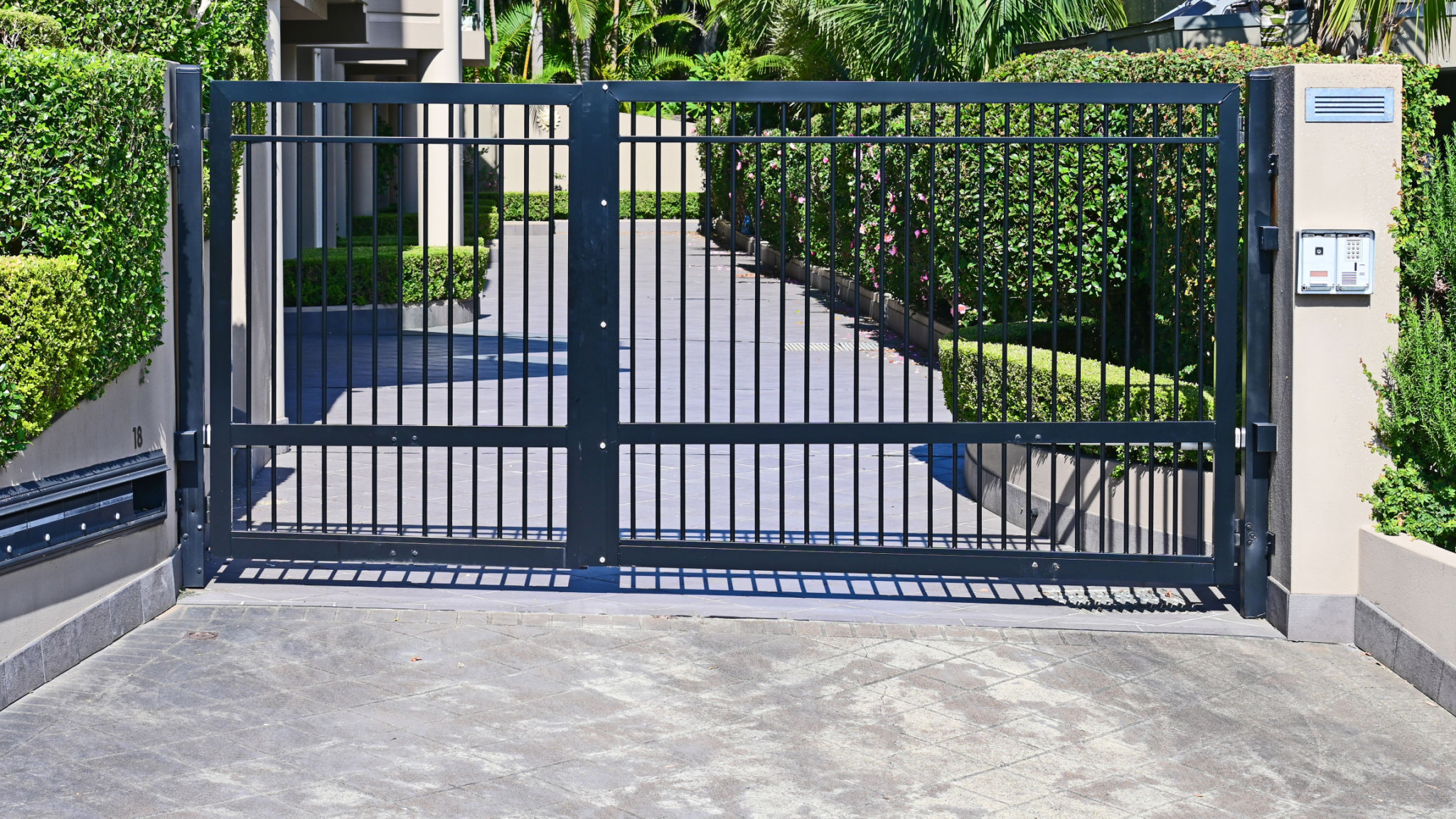How to Plan Effective Event Security in Nashville: Tips from the Experts
Understanding the Importance of Event Security
When planning an event in Nashville, ensuring the safety and security of your guests is a top priority. Event security is not just about preventing potential threats but also about creating a comfortable environment for attendees. With Nashville's vibrant music scene, bustling events, and cultural gatherings, effective security planning is crucial to the success of any event.
Engaging professional security experts can help you identify potential risks and implement strategies to mitigate them. Whether you're organizing a small private party or a large public concert, understanding the key components of event security will help you make informed decisions that protect both your guests and your reputation.

Assessing the Venue and Event Type
The first step in planning effective event security is to assess the specific requirements of your venue and the type of event you're hosting. Each venue will have its unique challenges, be it an outdoor park, a concert hall, or a convention center. Similarly, different events may attract different types of crowds, which could influence the security measures needed.
Consider factors such as the size of the venue, expected attendance, and any unique features of the location that may impact security. For instance, outdoor venues may require more personnel to monitor entry points and surrounding areas, while indoor events might focus more on crowd control and emergency exits.
Collaborating with Local Authorities
Nashville's local law enforcement and emergency services are invaluable partners in event security planning. Engaging with these agencies early in the planning process can provide insights into potential risks and access to additional resources. They can offer advice on legal requirements, emergency response procedures, and even assist in developing a comprehensive security plan.

Building a strong relationship with local authorities not only enhances security but also ensures a coordinated response in case of an emergency. Regular communication and collaboration can make a significant difference in the effectiveness of your event security strategy.
Implementing Access Control Measures
One of the most effective ways to manage event security is through access control. By limiting entry points and monitoring who enters and exits the venue, you can significantly reduce the risk of unauthorized access. This can be achieved through ticket checks, ID verification, and wristband systems.
Deploying trained security personnel at these checkpoints is crucial. They should be equipped to handle any confrontations professionally and ensure that only authorized attendees gain entry. Additionally, implementing technology such as metal detectors or bag checks can further enhance security measures.

Preparing for Emergency Situations
No matter how well-planned an event is, emergencies can still occur. Having a clear emergency response plan in place is essential for addressing potential incidents swiftly and effectively. This includes outlining evacuation procedures, designating assembly points, and ensuring clear communication channels are available for both staff and attendees.
Conducting a risk assessment prior to the event can help identify potential hazards and develop strategies to address them. Regular drills and training sessions for staff can ensure everyone knows their roles in an emergency situation, minimizing confusion and ensuring a swift response.
Leveraging Technology for Enhanced Security
In today's digital age, technology plays a crucial role in enhancing event security. Surveillance cameras, drones, and other monitoring technologies can provide real-time data to security teams, allowing them to respond quickly to any suspicious activities.
Additionally, mobile apps and communication platforms can be used to keep attendees informed about safety protocols and emergency procedures. Embracing technological advancements not only improves security but also enhances the overall experience for your guests.